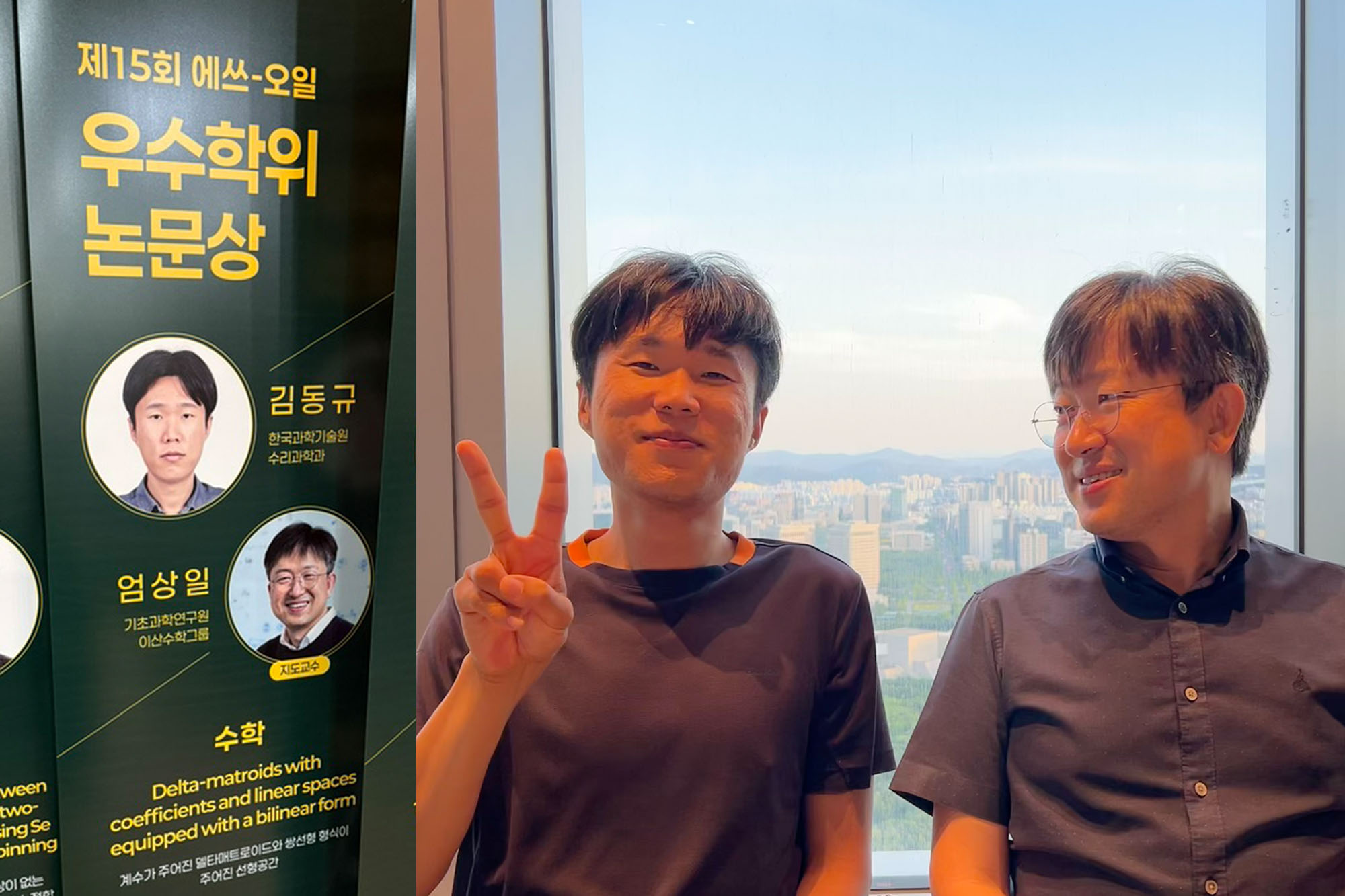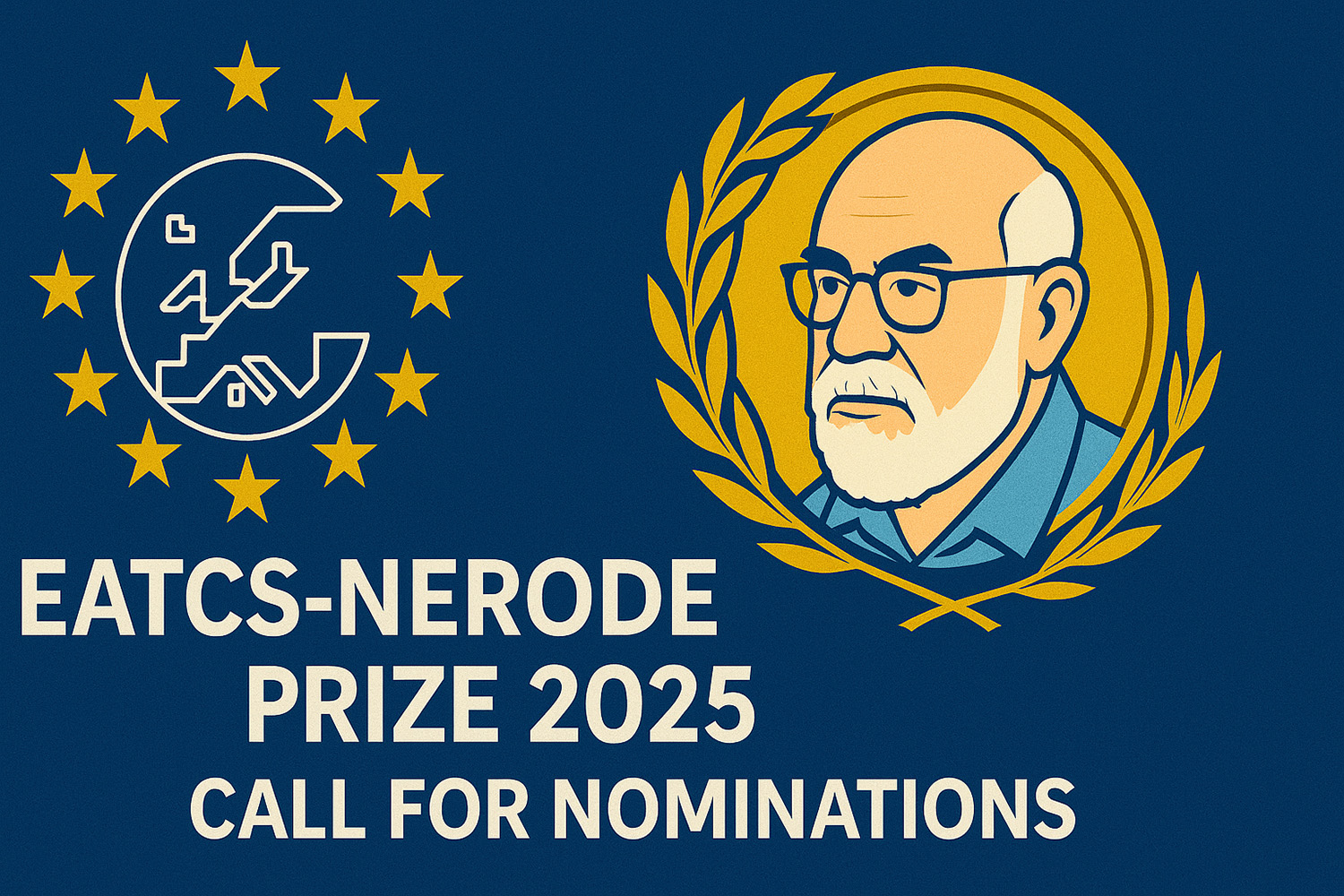Professorships at KAIST
The Department of Mathematical Sciences at KAIST invites applications for a tenured and tenure-track faculty position beginning from Spring 2022 to Spring 2023.
In recent years, KAIST, one of the top research universities in Korea, has been recruiting distinguished scholars of both Korean and foreign nationalities. KAIST is located in Daejeon, a city with a population of 1.5 million, and its operation is financially supported by the Korean government. Most of the courses at KAIST are taught in English.
Applications are accepted from any areas of pure, applied, and interdisciplinary mathematics including artificial intelligence (AI) and data science. Successful applicants must demonstrate outstanding accomplishments or potential in research and teaching.
An internationally competitive salary commensurate with qualifications will be offered with attractive remuneration packages including relocation assistance, a start-up grant for research, health insurance, and housing benefit. The regular teaching load is two courses for the first year, and three courses a year thereafter.
All applications must include the following:
- KAIST faculty application form (A separate paper for major achievements, teaching plan, and research accomplishments is acceptable.)
- Cover letter (An AMS standard cover sheet is acceptable. The names of three (3) recommenders must be listed therein.)
- Curriculum vitae with a publication list
- Research statement of previous work and future plans
- Teaching statement of previous work and future plans
- A minimum of three (3) recommendation letters (Recommenders should send their letters directly to the email address below.)
After the screening process, candidates may need to submit additional documents.
All applications should be sent to recruit@mathsci.kaist.ac.kr or to the mailing address below by Thursday, September 30, 2021:
Jaeyoung Byeon
Head of the Department of Mathematical Sciences
KAIST
291 Daehak-ro, Yuseong-gu,
Daejeon
Republic of Korea
Zip Code: 34141
https://mathsci.kaist.ac.kr/home/en/
For any inquiries, please contact Lan Yoon at +82-42-350-2703 or recruit@mathsci.kaist.ac.kr.





